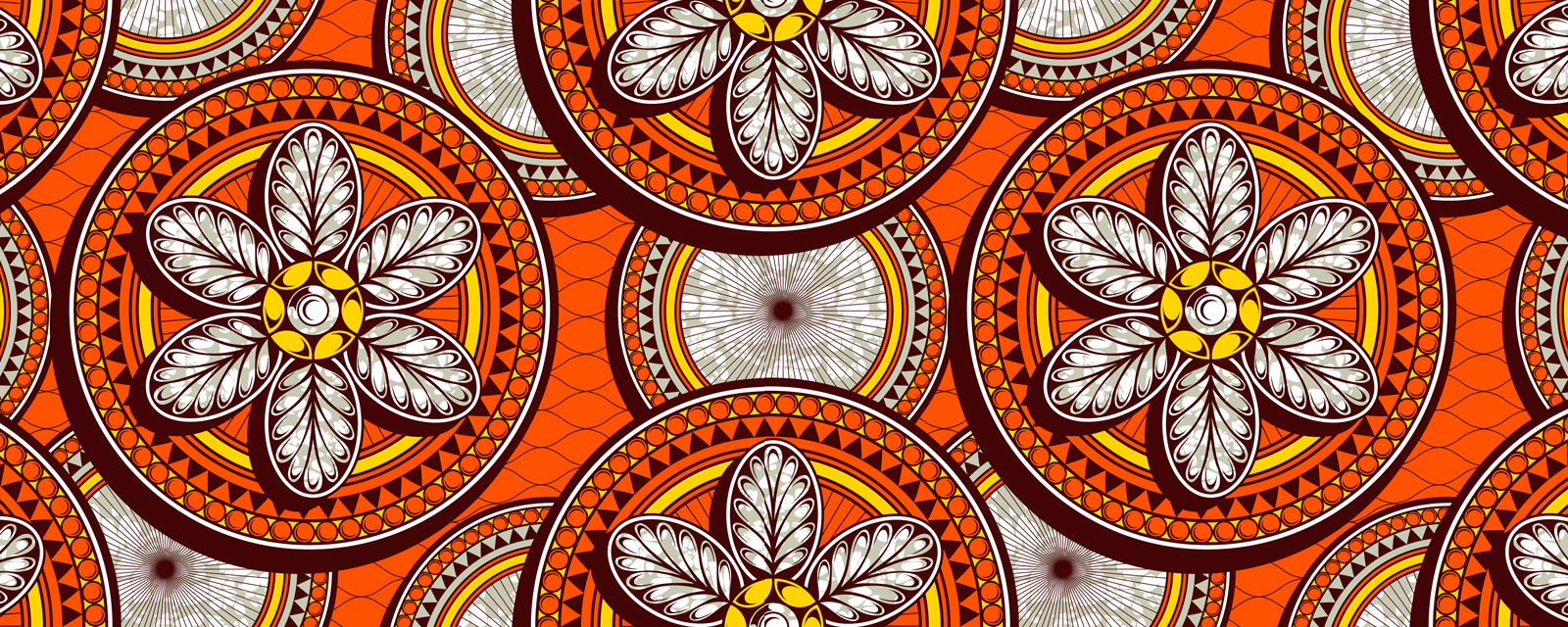The following Sena song exists in many versions throughout the area of the lower Zambesi river in Mozambique, dominated from 1890 by an English company which came to be called Sena Sugar Estates. The original ‘Paiva’ was Ignacio Paiva Raposo, who in 1874 rented an estate (or ‘Prazo’) near the confluence of the Shire and Zambesi rivers. It was his son-in-law, John Peter Hornung, who in 1890 founded his sugar company on the same land, and who afterwards built an extensive empire, administering, policing, levying taxes, monopolizing trade, and extorting labour from some 14,000 square miles of central Mozambique. To the local Sena people, however, the company continued to be called ‘Paiva’, the name under which their land was first alienated.
The original version, dating from c.1890 was a simple work song, performed as accompaniment to field labour in the cane fields. It ran as follows:
Paiva,
Wo ‑o-o, Wo-
Paiva,
Wo ‑o-o, Wo-
Paiva ndampera dinyero ache,
Nsondo wache
Paiva,
Wo ‑o-o, Wo-
Paiva,
Wo ‑o-o, Wo-
Paiva, I killed his money for him,
His penis
This is more than just an insulting squib. The verb ndampera, I killed, is drawn from hunting game which, in Sena society, is governed by strict rules about the fair division of the spoils — rules which ‘Paiva’ has not followed.
The following version of the song was sung in chiSena by Fernando Nicolas and women of Pirira village, Luabo, 5 August 1975: (1)
Paiva,
Paiva ndachipata
Paiva,
Paiva ndadungunya
Paiva,
Paiva ndadungunya
Paiva,
Paiva Mbira ndiyinadumbira
Paiva,
Paiva baba ndalira
Paiva,
Paiva enda mbalira
Paiva,
Paiva dungunya
Paiva,
Paiva ndagwa pamoto
LUABO!
Paiva,
Paiva ndadungunya
Paiva,
Paiva ndamatama
Paiva,
Paiva ndamatama
Paiva,
Paiva ndalira lero
Paiva,
Paiva ndadungunya
Paiva,
Paiva ndagwa pamoto
Paiva,
Paiva enda mbalira
Paiva,
Paiva ndgawa pamoto
PAIVA LUABO!
Paiva,
Wo ‑o-o, Wo-
Paiva,
Wo ‑o-o, Wo-
Paiva ndampera dinyero ache,
Nsondo wache
Paiva,
Wo ‑o-o, Wo-
Paiva,
Wo ‑o-o, Wo-
Paiva ndampera dinyero ache,
Nsondo wache
Paiva,
Paiva, I’ve felt it (2)
Paiva,
Paiva, I’ve complained
Paiva,
Paiva, I’ve complained
Paiva,
The mbira is my witness (3)
Paiva,
Paiva, father, I’ve wept
Paiva,
Paiva, going weeping (4)
Paiva,
Paiva, complained
Paiva,
Paiva, I’ve fallen on a fire
LUABO! (5)
Paiva,
Paiva. I’ve complained
Paiva,
Paiva, I’m speechless
Paiva,
Paiva, I’m speechless
Paiva,
Paiva, I’ve wept today
Paiva,
Paiva, I’ve complained
Paiva,
Paiva, I’ve fallen on a fire (6)
Paiva,
Paiva, going weeping
Paiva,
Paiva, I’ve fallen on a fire
PAIVA LUABO!
Paiva,
Wo ‑o-o, Wo-
Paiva,
Wo ‑o-o, Wo-
Paiva, I killed his money for him,
His penis
Paiva,
Wo ‑o-o, Wo-
Paiva,
Wo ‑o-o, Wo-
Paiva, I killed his money for him,
His penis
from Power and the Praise Poem (1991)
Leroy Vail and Landeg White,
University Press of Virgina
Footnotes
- In this version of the Paiva song, the triple denunciation (those three ‘Paivas’ before the choral epigram) of the original has been expanded into a long introductory solo which reflects the older version in three ways. First, it retains the denunciatory repetition of Paiva’s name. Secondly, the choral response still comes after each three lines. Thirdly, the rhyme of the epigram, that rare device in African poetry which gives it its punch, is reflected in a virtuoso exhibition of sound patterning and verbal play, as shown in footnotes 3, 4 and 6.
- In contrast to the original song, the stress throughout this version is on an intense personal suffering for which an individual Paiva is held responsible.
- Note the pun on mbira/ndiyinadumbira in the vernacular. The mbira is the small ‘piano’, held in both hands and played with the thumbs. This particular version was not accompanied by an mbira, but the singer, Fernando Nicolas, describes how he learned this song from his father, and the reference may derive from how his father used to perform it.
- Note the play of vowels and consonants in the vernacular, baba ndalira and enda mbalira, in lines exchanged between the lead singer and the chorus.
- Luabo became the headquarters of Sena Sugar Estates in 1924.
- Note the similar play in the vernacular on ndamatama and ndagwa pamoto, also exchanged between singer and chorus.

